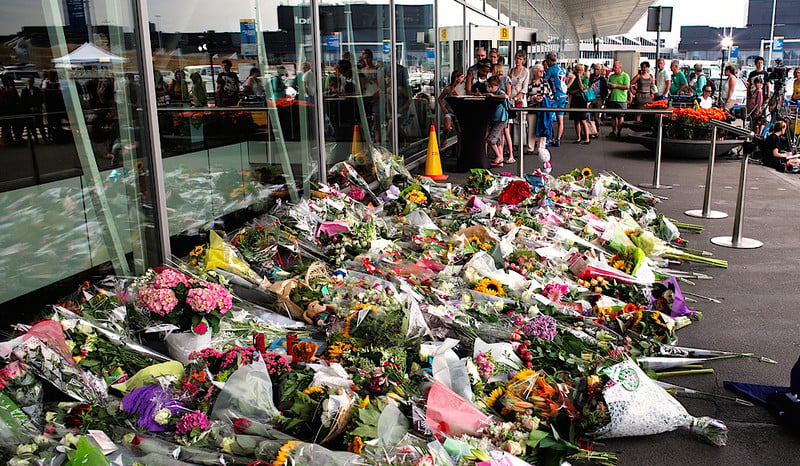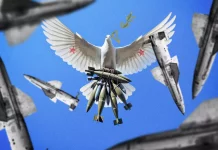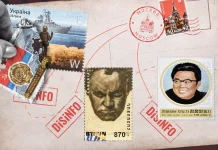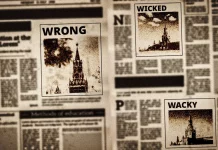
The Netherlands and Poland are to launch a Russian-language news agency in order to counter Russian propaganda.
Bert Koenders, the Dutch foreign minister, told press in Brussels on Monday (20 July) the project will “give the tools and the capacities for Russian language [media] and Russian social media to work on the basis of objective information … with the exchange of different viewpoints”.
Grzegorz Schetyna, his Polish counterpart, said it will be “something which doesn’t use the language of propaganda, of aggression, but which has real, reliable information”. He said it will provide TV, radio, and online content for use by Russian-language media in eastern Europe and in Russia itself. He noted that Warsaw will host a donors’ conference in September to raise funds and that The Hague will host a follow-up meeting later on. He also said the news agency is to be up-and-running next year and that he hopes other EU states will join the project.
Koenders added there was “broad support” for the initiative when the two men unveiled it at an EU foreign ministers’ meeting in Brussels on Monday.
The news agency is born out of a Dutch-funded study on counter-propaganda by the European Endowment for Democracy (EED), an EU-linked institute in Brussels. An EED contact described it as a “content factory” and as “a kind of European BBC”, by reference to the British state broadcaster.
East StratCom
The EU foreign service is also taking action after EU leaders, in March, tasked it with finding ways to “challenge Russia’s … disinformation campaigns”. It has hired five experts, from the Czech Republic, Denmark, Estonia, Latvia, and the UK, to lead a new communications cell called East StratComTeam. They are yet to start work.
But part of their job will be to debunk fake stories in Russian media and to circulate “dedicated communication material on priority issues” to “the EU’s political leadership, press services, EU delegations, and EU member states”.
The Netherlands commissioned the EED study following the MH17 disaster last July. The plane was shot down in east Ukraine, killing hundreds of Dutch nationals, and prompting accusations that Russia-controlled forces did it by mistake. Russian media reacted by publishing conspiracy theories blaming Ukraine. Australia, Belgium, the Netherlands, and Ukraine are conducting a criminal investigation, led by the Dutch Safety Board, into what happened, with findings due in October. They have also called for the UN Security Council (UNSC) to set up a tribunal to prosecute those responsible.
UN dispute
But Russia has dismissed the tribunal as a “political show” which goes beyond the UNSC’s core work.
On Monday in New York, it proposed a UN resolution calling for an “independent international investigation” supervised by the UNSC, where it holds a veto. Its draft text, according to Reuters, also criticises the Dutch Safety Board enquiry because it “does not ensure due transparency in its organisation and work methods, which may have a negative impact on its outcome”.
“We don’t support the Russian draft”, Matthew Rycroft, the UN ambassador of the UK, which also holds a UNSC veto, said.
By Andrew Rettman, EUobserver





